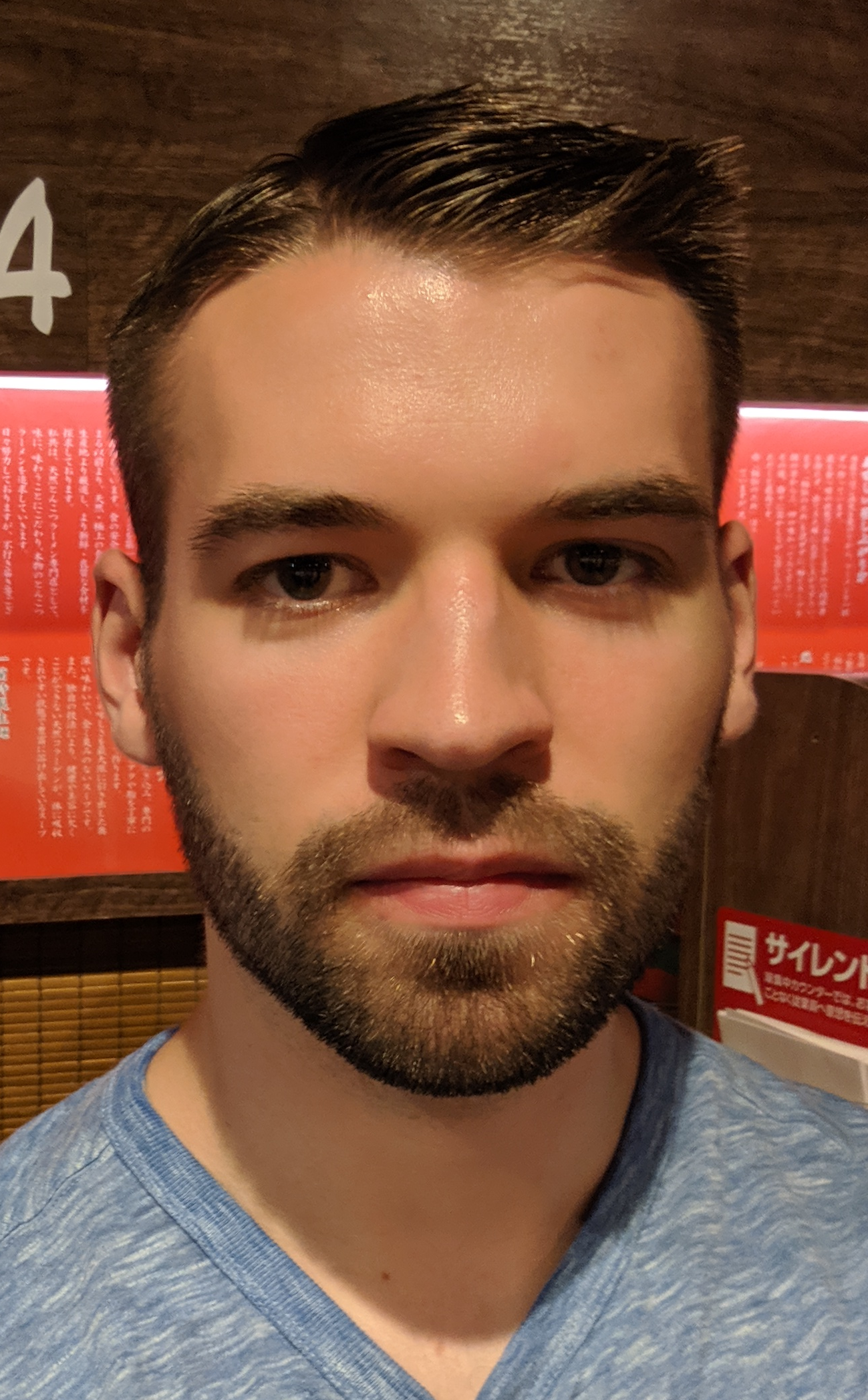
Dissertation Defense
Towards Free, Open, and Ubiquitous Hardware Design
This event is free and open to the publicAdd to Google Calendar

Zoom Meeting ID: 919 1391 6871
Zoom Passcode: 779156
ABSTRACT: In 1965, Gordon Moore posited that the number of transistors on an integrated circuit would double every 18 months. With some adjustments, the prediction largely remained true for decades and revolutionized technology as we know it. A lesser-known contributor to Moore’s Law was the “Mead and Conway Revolution” in VLSI, initiated by Carver Mead and Lynn Conway. Prior to this revolution, integrated circuit design was mostly done manually and required deep expertise from top-level integration all the way down to fabrication effects. Mead and Conway transformed this manufacturing knowledge into a set of design rules which were fit for use in automation. This innovation enabled integrated circuit design to scale with computers rather than humans, and effectively kick-started the electronic design automation (EDA) industry.
 MENU
MENU 
